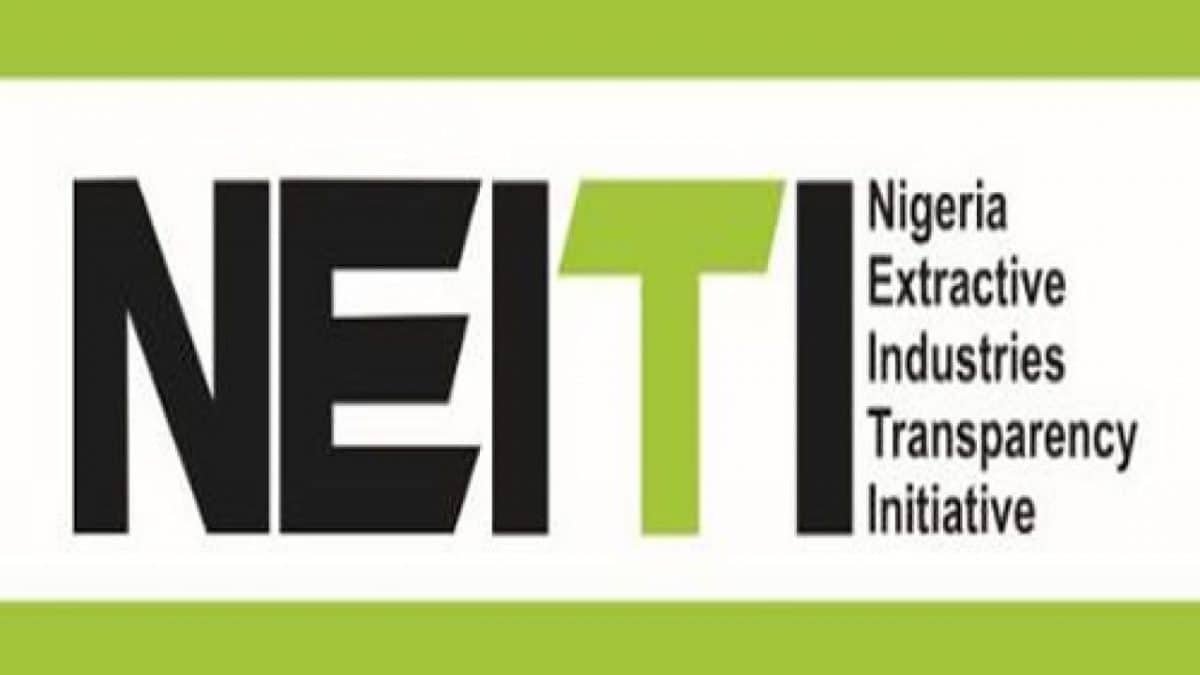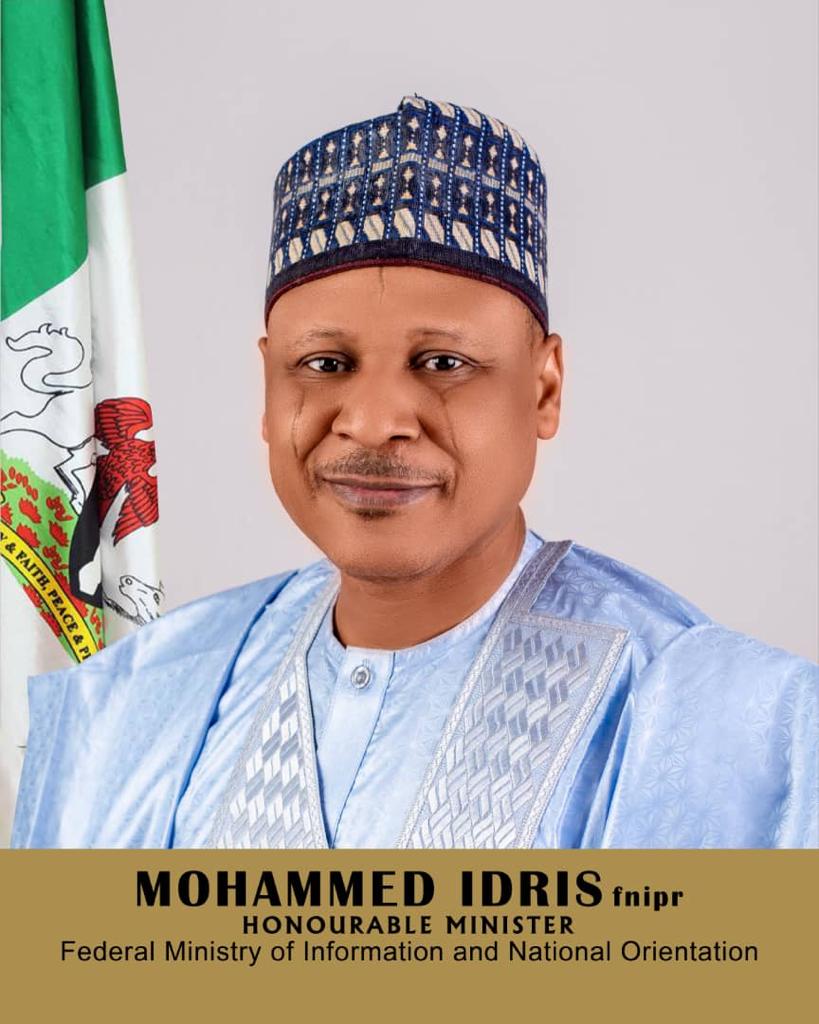The Nigeria Extractive Industries Transparency Initiative (NEITI) has called for transparency and accountability in the mining sector to ensure the growth of the industry
By Martha Agas
The Nigeria Extractive Industries Transparency Initiative (NEITI) has called for transparency and accountability in the mining sector to ensure the growth of the industry and justice for host communities.
The Executive Secretary of the organisation, Dr Orji Ogbonnaya, made the call at the ninth Nigeria Mining Week on Tuesday in Abuja.
Ogbonnaya noted that a robust regulatory frameworks and effective inter-agency collaboration were critical for building a transparent, accountable, and resilient mining sector that drives economic growth.
He said that the Federal Government should introduce a comprehensive executive bill on solid minerals sector reforms, aimed at addressing gaps in the 2007 Solid Minerals Act.
He listed other measures to include: enhancing data transparency for informed decision-making; encouraging private sector participation through targeted reforms; and investing in infrastructure and local capacity development.
“By addressing these priorities, the mining industry can play a transformative role in boosting Nigeria’s revenue base, reducing unemployment, and attracting foreign direct investment, “ he said.
He said that the mining sector plays a critical role in fostering sustainable development, generating employment, and promoting inclusive growth as part of Nigeria’s economic diversification strategy.
According to Ogbonnaya, the findings from NEITI’s recently released in the 2023 Solid Minerals Audit Report underscores the sector’s potential and its incremental progress.
“Over the 16 audit cycles spanning 2007 to 2023, the solid minerals sector has contributed a cumulative ₦1.137 trillion (approximately 3.86 billion Dollars) in direct payments to government revenues.
“Notably, government receipts rose from ₦7.59 billion in 2007 to ₦341.27 billion in 2022—a 44-fold increase, highlighting the sector’s growth trajectory and reporting compliance.
“In 2023, Nigeria’s solid minerals production reached an impressive 95.07 million tonnes, generating ₦9.01 billion in royalties.
“ Export volumes also rose to 4.32 million metric tonnes, valued at ₦117.29 billion, signaling the sector’s expanding footprint in international markets, “ he said.
He, however, said that in spite these achievements, the sector’s contribution to the Gross Domestic Product remains modest.
“In 2022, it accounted for ₦1.66 trillion—or 0.83 per cent—of Nigeria’s GDP of ₦202.36 trillion. This improved slightly to ₦1.76 trillion—or 0.75 per cent—in 2023.
“These figures reflect untapped opportunities that, if harnessed, could transform the sector into a cornerstone of Nigeria’s economic diversification strategy, “ he said.
He said that the mining week provides an opportunity for collective stakeholder engagement aimed at advancing the growth of the sector, which could create a legacy of economic transformation, sustainable development, and shared prosperity for Nigeria.(NAN)




